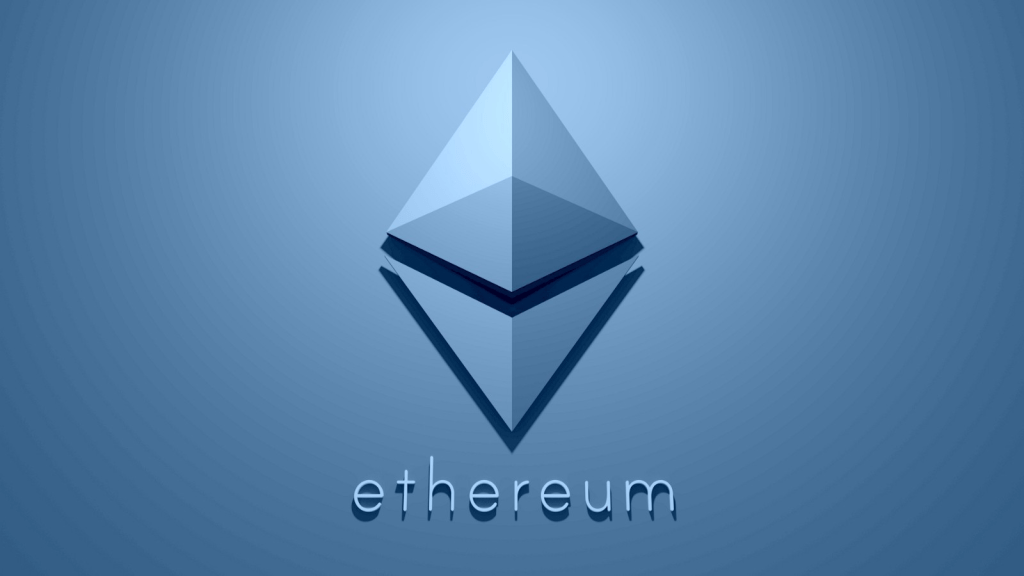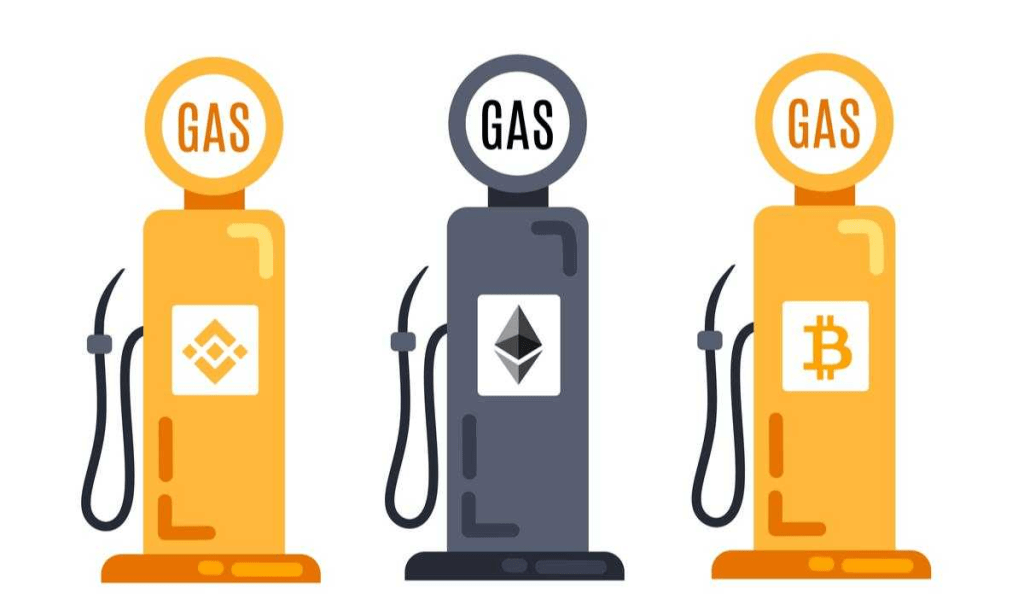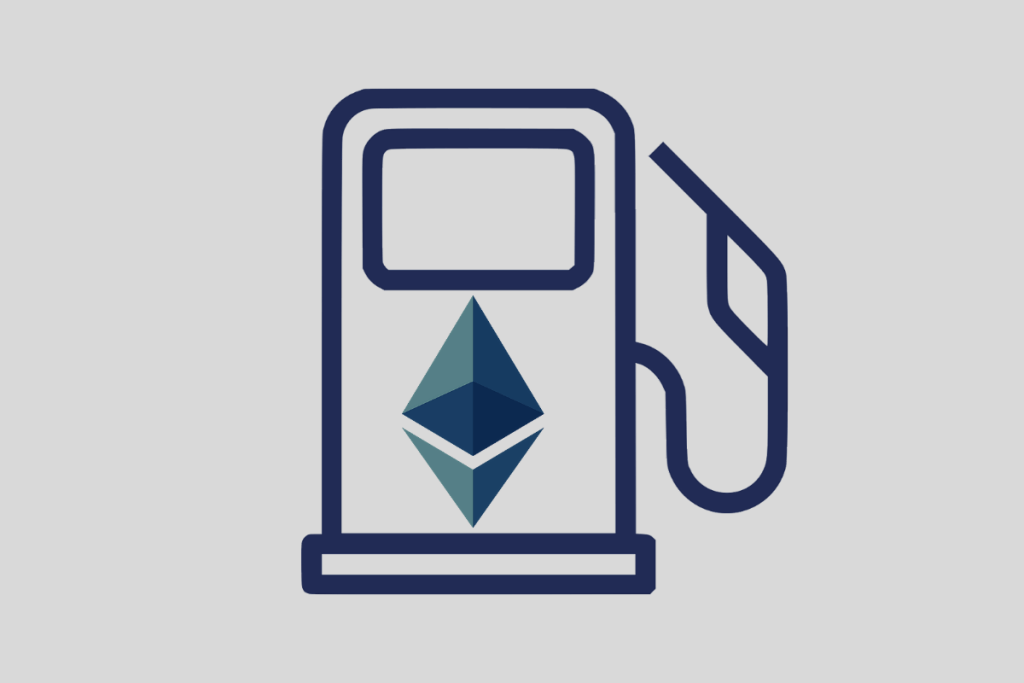ETHEREUM GAS FEES; Ethereum, the world’s second-largest cryptocurrency by market capitalization, has gained widespread popularity due to its smart contract functionality and decentralized applications. However, one aspect that often catches users off guard is Ethereum gas fees. Gas fees are an integral part of the Ethereum network, and understanding them is crucial for smooth and cost-effective transactions. In this article, we will delve into the intricacies of Ethereum gas fees, their significance, and how you can optimize your transactions to minimize costs.

What are Ethereum Gas Fees?
Gas fees on the Ethereum network represent the cost of computational resources required to execute transactions and smart contracts. Gas is a unit used to measure these computational operations, and gas fees are denoted in Ether (ETH). Every action on the Ethereum blockchain, from simple transfers to complex smart contract interactions, requires a specific amount of gas.
Why do Gas Fees Vary?
Gas fees are not fixed and can fluctuate based on various factors. The primary factors that influence gas fees include network congestion, demand for computational resources, and the gas price set by users. During times of high network activity, such as during major token sales or popular decentralized applications (dApps), gas fees tend to spike due to increased competition for block space.

Components of Gas Fees
Gas fees consist of two primary components: gas limit and gas price.
- Gas Limit: The gas limit is the maximum amount of gas a user is willing to pay for a transaction or contract execution. It determines the complexity and computational resources allocated to a particular action.
- Gas Price: The gas price is the cost in Ether (ETH) that a user is willing to pay per unit of gas. It determines the priority of the transaction, as miners typically prioritize transactions with higher gas prices.
Calculating Gas Fees
To estimate gas fees for a transaction, multiply the gas limit by the gas price. The total gas fees will be the product of these two values. Ethereum wallets and platforms usually provide estimations of gas fees before confirming a transaction, allowing users to make informed decisions.

Strategies to Optimize Gas Fees
To minimize gas fees and optimize your Ethereum transactions, consider the following strategies:
- Gas Price Research: Monitor current gas prices using online platforms and tools that provide real-time data. This allows you to set a competitive gas price without overpaying.
- Gas Limit Optimization: Analyze the gas consumption of your transactions and smart contracts. Eliminate unnecessary operations and optimize code to reduce the gas limit without compromising functionality.
- Timing Transactions: Choose periods of low network congestion to submit your transactions. Avoid peak times when gas fees are typically higher.
- Layer 2 Solutions: Consider utilizing layer 2 scaling solutions, such as sidechains or payment channels, which can significantly reduce gas fees by offloading transactions from the Ethereum mainnet.
Tools and Resources
Several tools and resources can assist you in monitoring gas fees and optimizing transactions. Gas fee trackers, gas estimators, and gas optimization tools can provide valuable insights into current gas prices and help you make informed decisions.
Keeping Up with Updates
Stay informed about Ethereum’s ongoing developments, including upgrades like Ethereum 2.0. These upgrades aim to improve scalability and reduce gas fees significantly, enhancing the overall user experience.
How To Exchange Ethereum for Fiat on Astro Africa

Astro Africa is undoubtedly one of the most fantastic cryptocurrency exchanges to come out of the Nigerian cryptocurrency ecosystem. It is a platform that embodies the definition of profitable, fantastic user experience, security, and transparency. Astro Africa allows users to exchange their cryptocurrency assets for Naira or Cedis (plans are in motion to expand to other parts of Africa). They have a mobile application available for just Android users for now. The amazing thing about Astro Africa is that users are entirely in charge of their portfolios and do not need to hold their assets on the platform before they can trade and withdraw their fiat directly to their local bank accounts free of charge. This makes users focus more on trading and not have to worry too much about how their fiat is being moved around when they need it.

Together with the awesomeness of Astro Africa mentioned above, the signup process is one of the most seamless and straightforward processes ever:
- Proceed to the Astro Africa signup page, and complete all the required details.
- Once the step above is completed, you’ll instantly receive a confirmation code in your email. Copy this code and complete your signup.
- Once you’re done, you are required to set up a five-digit (5) transaction pin. It’s that easy, you can now start trading or you can explore the sleek user interface.
- Make sure you complete your profile by adding your bank account and other necessary details to ensure a maximum pleasurable user experience.
- Next, proceed to select “Sell Crypto”. You first select the amount of crypto you wish to sell (minimum $5). For now, you can only exchange Bitcoin (development is already in progress for supporting other assets).
- You can see the exchange rate, the amount you will receive in fiat also, and the wallet address for you to send your assets to. After 2 block confirmations, your Astro Africa wallet is credited with fiat you can proceed to withdraw to your local bank account.
You can always learn more about How To Trade on Astro Africa and read their blog on various posts about how to trade various gift cards and cryptocurrencies effectively. It is an exciting innovation that has come to stay.
Understanding Ethereum gas fees is essential for anyone using the Ethereum network. By familiarizing yourself with gas fees, their components, and optimization strategies, you can navigate the Ethereum ecosystem more effectively and minimize transaction costs. Regularly monitoring gas prices and exploring innovative solutions can further enhance your experience and help you make cost-effective transactions on the Ethereum blockchain.
Remember, while gas fees can fluctuate, staying informed and employing optimization techniques will empower you to make smarter decisions and maximize the value of your Ethereum transactions.



